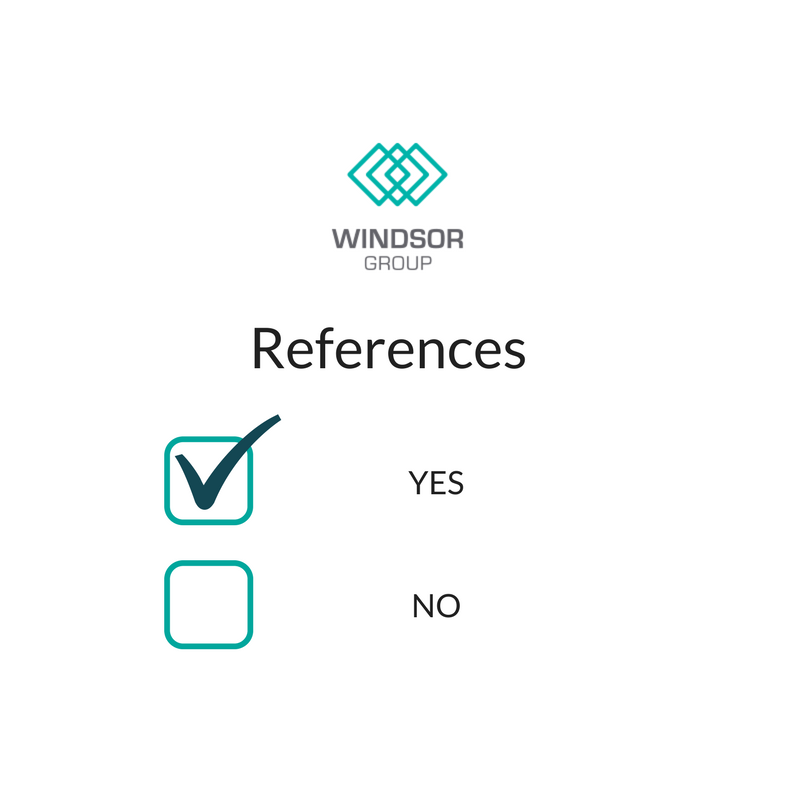As a recruitment resourcer, part of my role includes running checks on candidates who have reached – or are about to reach – the client short list.
And while that includes conducting background checks on these candidates, confirming qualifications for veracity and checking out all sorts of aspects of their professional and personal backgrounds, one of the challenging aspects of my job can be obtaining work references from referees. There is one critical thing you can do that turns this task into a positive experience for everyone – ask the referee’s permission for a reference.
If you intend to put forward someone’s name as a referee, you must know that his/her day will be interrupted by a detailed discussion about you and your capabilities. So, common courtesy dictates that you first ask the referee’s permission for this to happen.
You’d be amazed how many job seekers submitting otherwise first rate applications, do not contact their suggested referee’s first.
And what happens is that everybody is left flat footed.
- The recruiter or resourcer wastes time and energy repeatedly trying to get in touch with the nominated referee who has no idea who this persistent person is – or why they need to connect.
- The referee is thrown into a situation without warning. Understandably, these potential referees are apt to feel rather irritated. And it certainly doesn’t help the job seeker’s case that when the referee and recruiter/resourcer eventually connect, the referee feels ‘cornered’ by the need to instantaneously come up with answers without all the relevant information. The result can be a less than rosy reference for the candidate.
So here are some suggestions on how to get it right.
- Start by talking to your referee. This is not a job for the email. Contact your referee, explain briefly what it is you’re asking for and if he/she would be happy to recommend you for that position.
- If they’re willing to help, you can briefly describe the role over the phone or offer to send written details. Written can be better since it gives the referee a point of reference if the check doesn’t occur for several days.
- When you add this referee’s name to your resume, make sure you also specify where it was that you worked with this individual and what your professional relationship was.
And don’t forget to say thank you.
An email or a very brief handwritten note to your referees to say thanks is always in order. In this, you should also mention the outcome of your candidacy – whether or not it was successful. This leaves the door open to continuing your relationship in the future.
Follow these steps and you can feel confident that your referees will be prepared to answer any question they are asked about your skills and abilities, giving you the best chance possible to get that new role.
Written by: Sarah Matthew, Recruitment and HR Assistant

